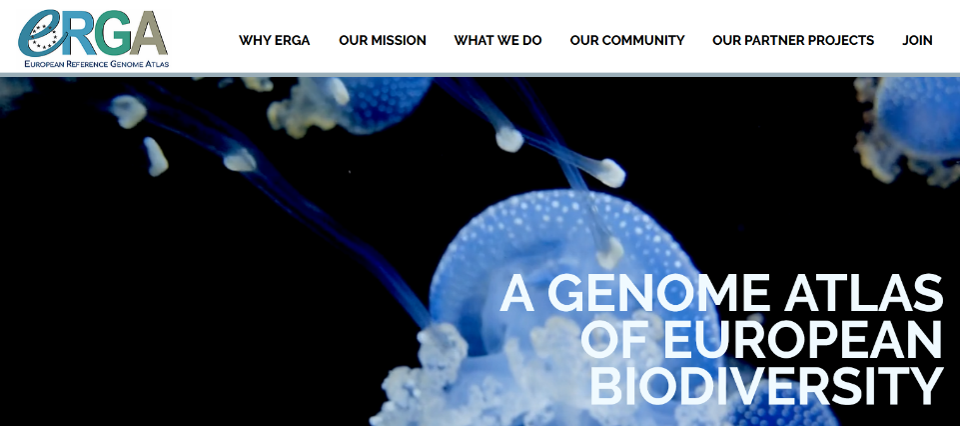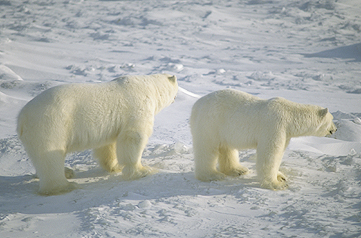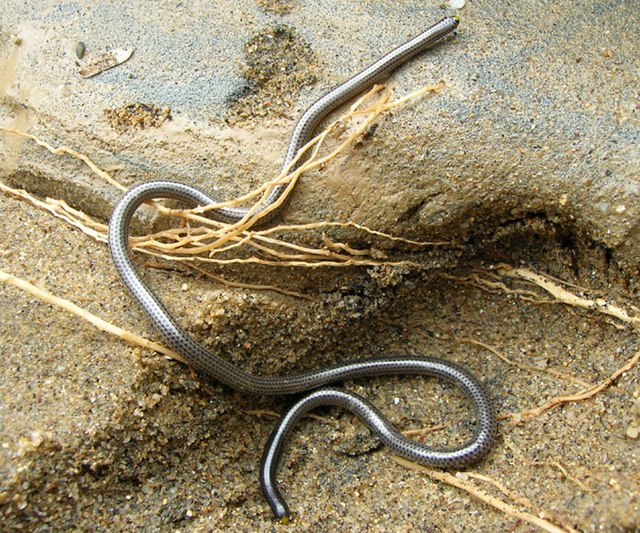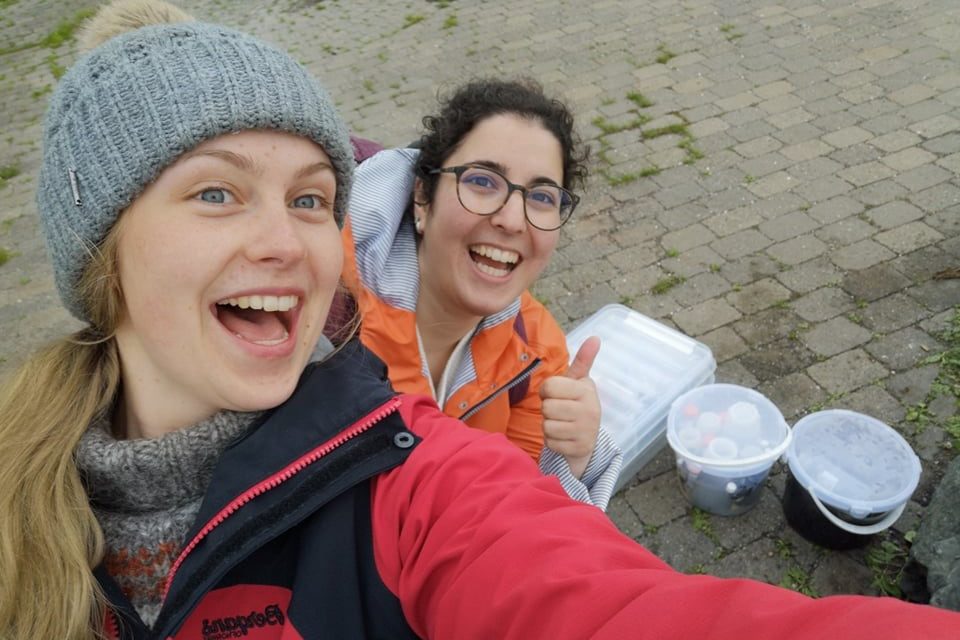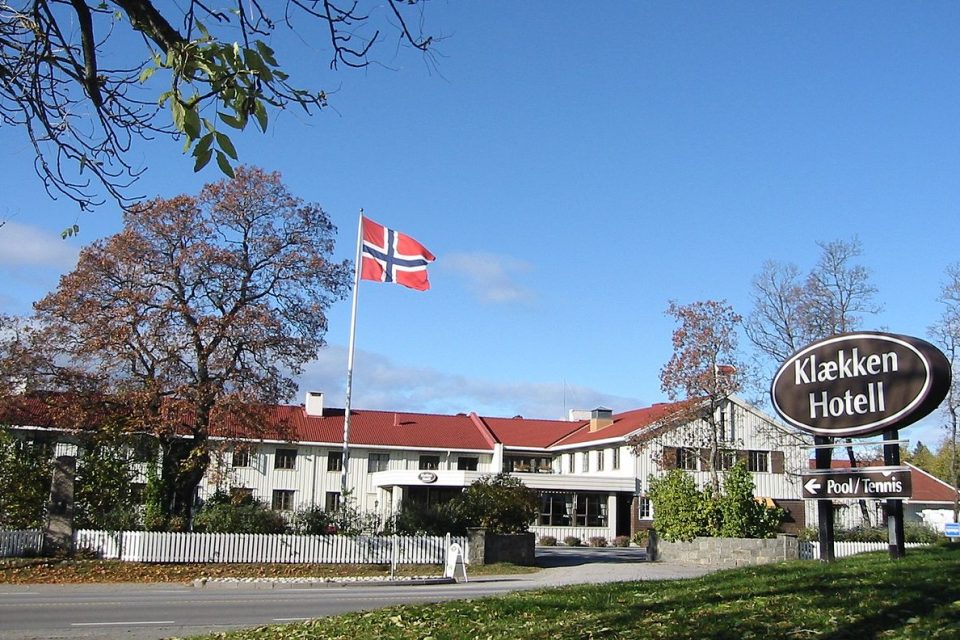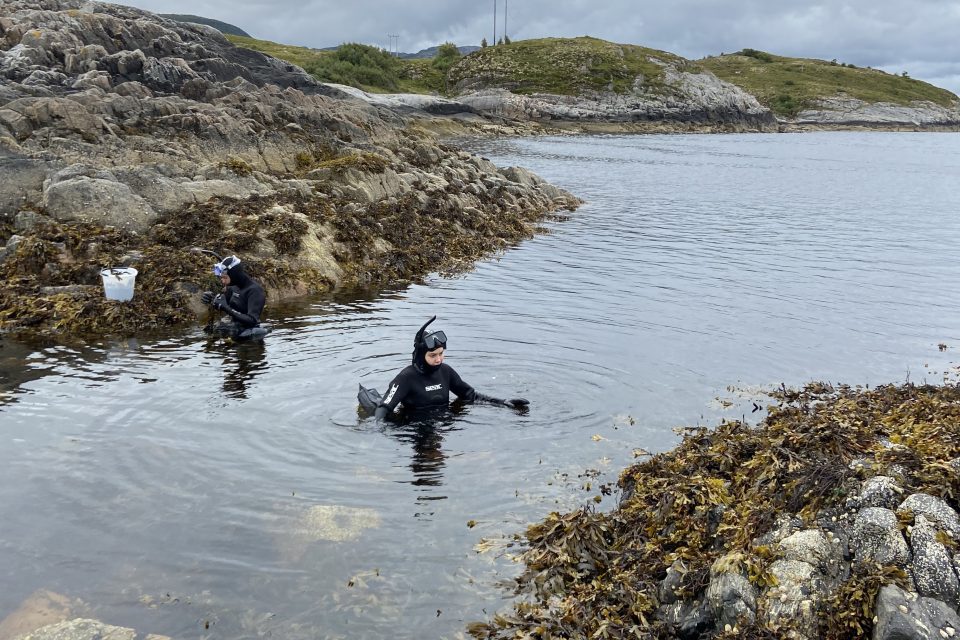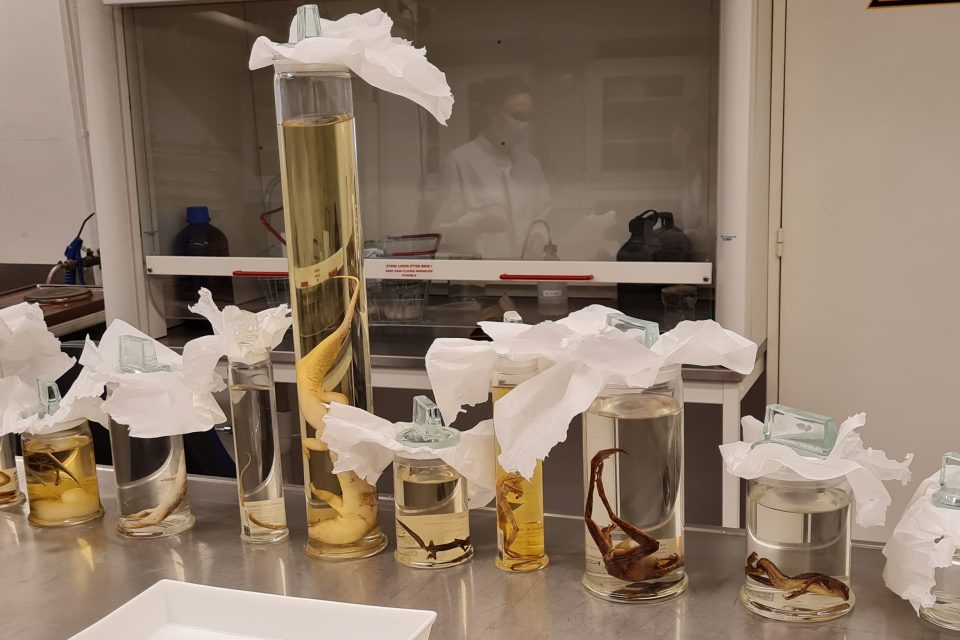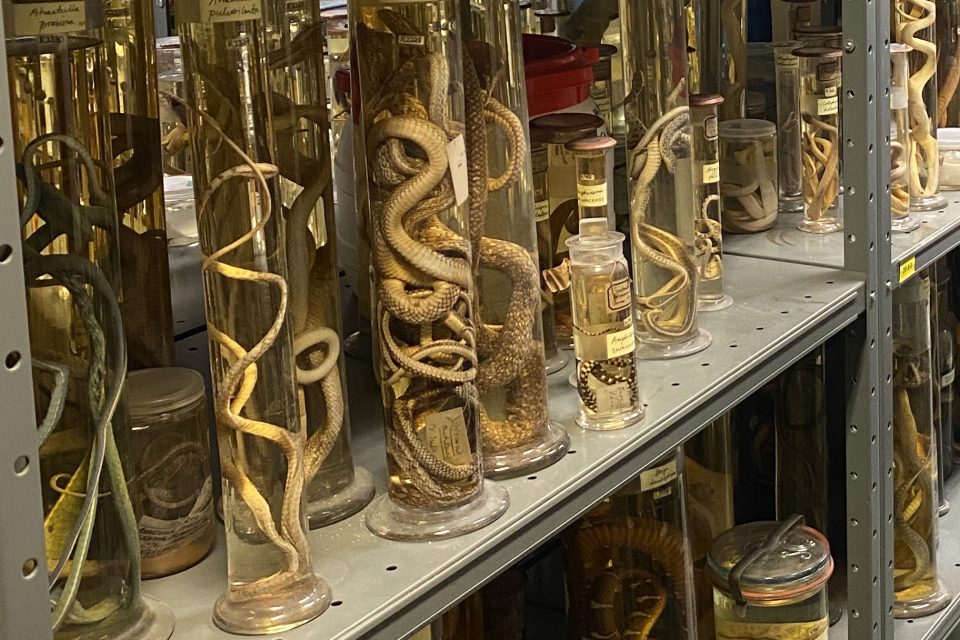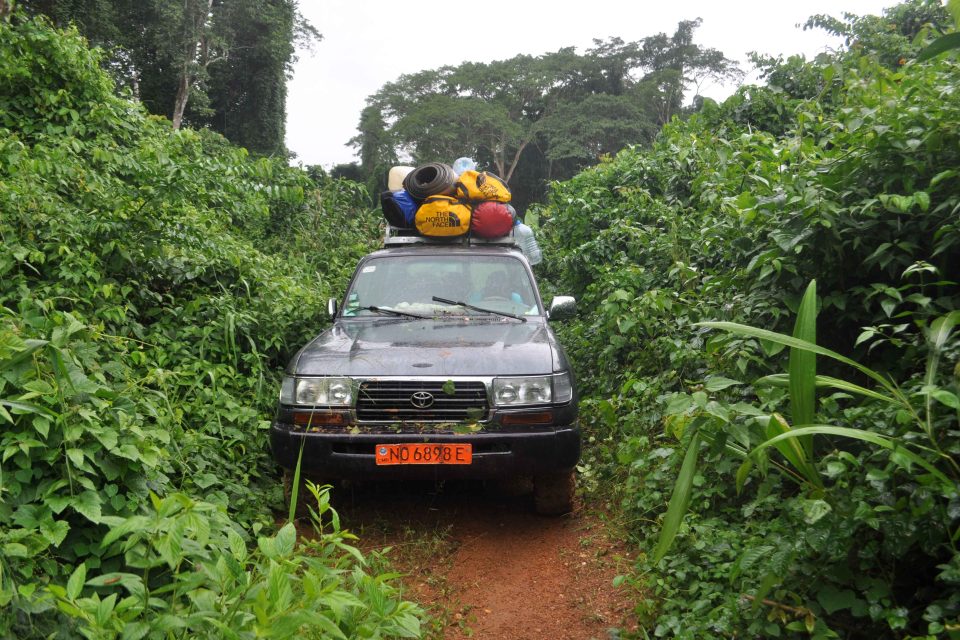
Staphylinid beetles of Ebu Forest, Cameroon
In June 2021 Vladimir Gusarov made a field trip to Cameroon. The purpose of the trip was to survey the staphylinid beetle fauna of the Ebu forest, collect samples for student projects and train a student from the University of Buea, Ms Grace M’ayuk Ojong-Nkongho. Ebu forest covers […]
